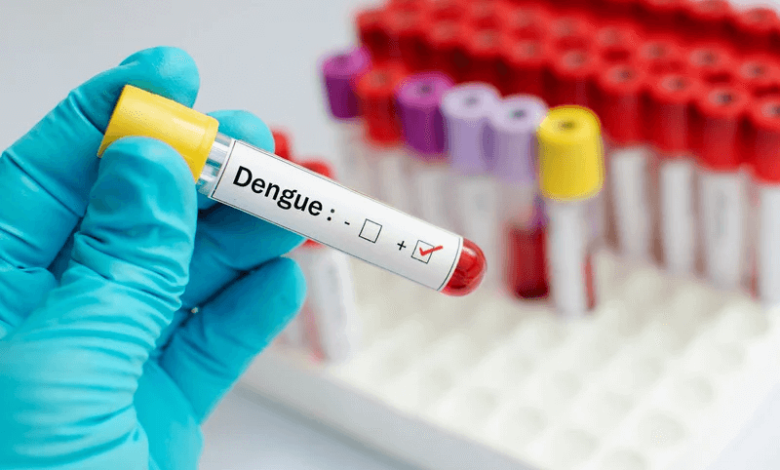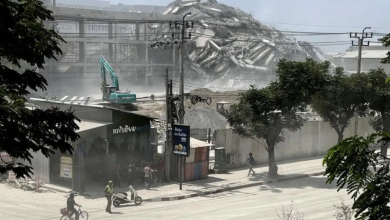Dengue fever on the rise: Climate crisis changing the concept of seasonal diseases

In recent years, the term ‘seasonality’ has lost a bit of its relevance as diseases like dengue fever that once used to be confined to specific times of the year have become a year-round nightmare, especially in South Asia. The culprit is the infamous climate change.
The blend of longer monsoon seasons, rising temperatures and altered mosquito behaviours has put an end to the traditional understanding of dengue’s seasonality, transforming it into a health crisis that is not aware of any seasonal or regional boundaries.
Historically, dengue is part of the monsoon season, typically the period from June to September, as stagnant water provides the perfect breeding ground for Aedes mosquitoes. But these careers of dengue virus have started moving into more northern areas too.
Changing behaviour of Aedes mosquitoes
Speaking to the Hindustan Times, Prasad Phadke, Founder and CEO at Eco BioTraps, and Susanta Kumar Ghosh, Scientific Advisor and Former ICMR-National Institute of Malaria Research in Bangalore, noted that climate change is behind longer and more intense monsoons.
“In July 2023, the monsoon was 13% above the long-term average, exacerbating the dengue crisis. While flooding ravaged many parts of India, certain districts experienced unexpected outbreaks of mosquito-borne diseases like dengue fever.”
The more significant problem lies in the altering behaviour of Aedes mosquitoes. These species have adapted to the current environmental conditions brought about by climate change. They no longer need the conventional breeding grounds of clean water during monsoons.
Tacking dengue threat through multi-faceted approach
The Aedes mosquitoes have become resilient as they they demonstrate a remarkable ability to breed even in saline water. The overall concept of seasonality has lost its meaning as temperatures surge to unprecedented levels and rainfall patterns become erratic.
This evolving threat needs a multi-faceted approach. First, there is an urgent need for enhanced surveillance and monitoring systems to detect and respond to outbreaks effectively. Next, there should be more research into innovative mosquito management approaches.
Public awareness campaigns can help communities take better preventive measures against dengue. On a broader scale, it is important to gather concerted global action against climate change as it is the root cause of the problem.



